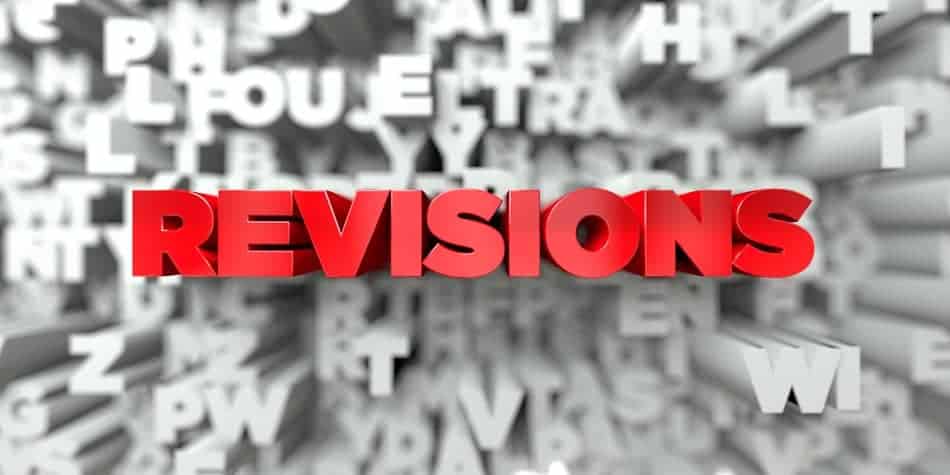Reviewer Comments & Revising Academic Papers
After waiting on tenterhooks for weeks, maybe months, since you submitted your paper to a journal you chose with care, you finally receive a response from the editor, but it is not the response you anticipated. Fortunately, it is not a definitive rejection, but instead of excitement over your research and enthusiasm to publish it as soon as possible, the letter contains comments by both the editor and the peer reviewers indicating that changes are required before your work can be seriously considered for publication. This is not a pleasant moment no matter how stoic you may be, and it is imperative that you take the time to consider those comments seriously and reflect on the best course of action. Remember that the editor and reviewers have taken the time to offer commentary, which implies interest, and that even the most painful criticism can prove a blessing in disguise if used in the right ways.
Assuming that after you have considered the comments you still want to publish your work in the journal concerned, you will need to decide what you can do to accommodate the suggestions. A useful guiding premise while making such decisions is that whatever will improve the paper is a good thing. Changes in structure, formatting and referencing in order to meet the journal guidelines should obviously be made, and corrections to language that will clarify your meaning and make your research more accessible and persuasive for readers are also essential. Such revisions are more straightforward than others, but if you lack either the patience or the skills to improve formatting and language, engaging the services of a professional academic or scientific editor or proofreader is an excellent solution.
Matters become very tricky, however, when it comes to changes to the research itself – to the methodology used, for instance, or the results obtained and the conclusions drawn from them. These may require extra time and funding to accomplish, or they may necessitate thinking about and reporting your research in different ways. They may prove feasible and productive or impossible and counterproductive, and you may want to seek the help of a knowledgeable colleague or mentor while you think through the consequences. You, however, are the one who must ultimately decide what is best for both you and your paper, and it is important to remember that innovative and unexpected work that challenges conventional models and interpretations often fares little better with some editors and reviewers than poor scholarship does.
The essential question to keep in mind, then, is whether the revisions requested will improve or undermine what you consider the most essential aspects of your work. In some cases, the answer will be obvious, but in others it will be notoriously difficult to decide what course of action is wisest. Thoughtful reflection, creative compromises, patient respect for the ideas of others and careful explanation of your intentions will serve in many instances, but there are situations in which publishing elsewhere will prove the only effective solution.
You might be interested in Services offered by Proof-Reading-Service.com
Journal Editing
Journal article editing services
PhD Thesis Editing
PhD thesis editing services
Expert Editing
Expert editing for all papers
Medical Editing
Medical Editing Services
Research Editing
Research paper editing services
Book Editing
Professional book editing services

















